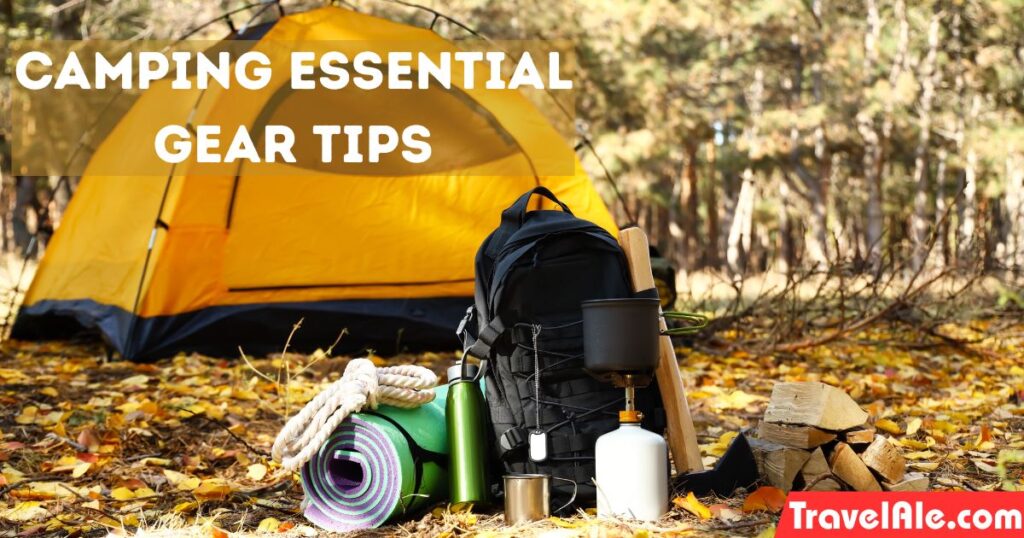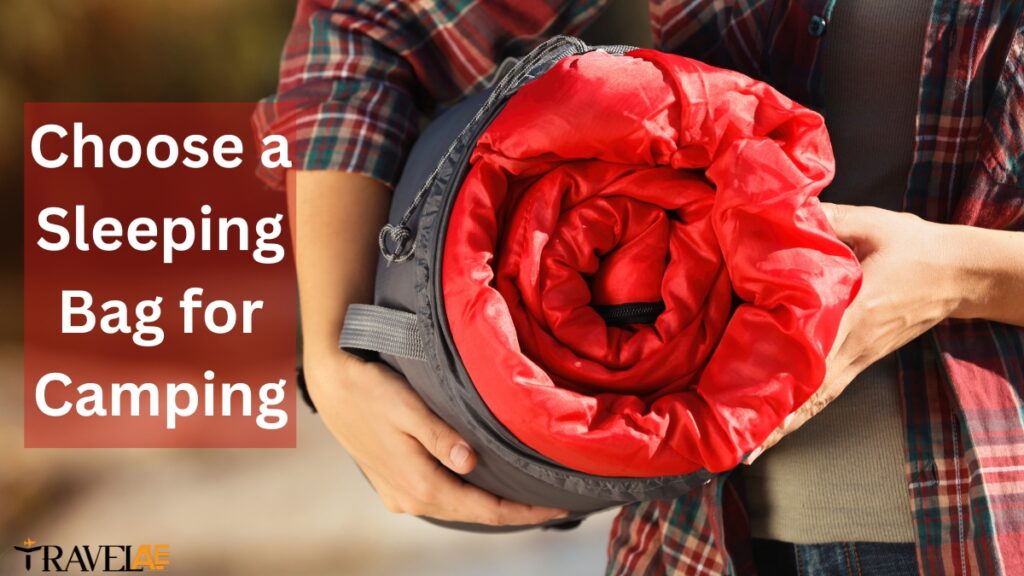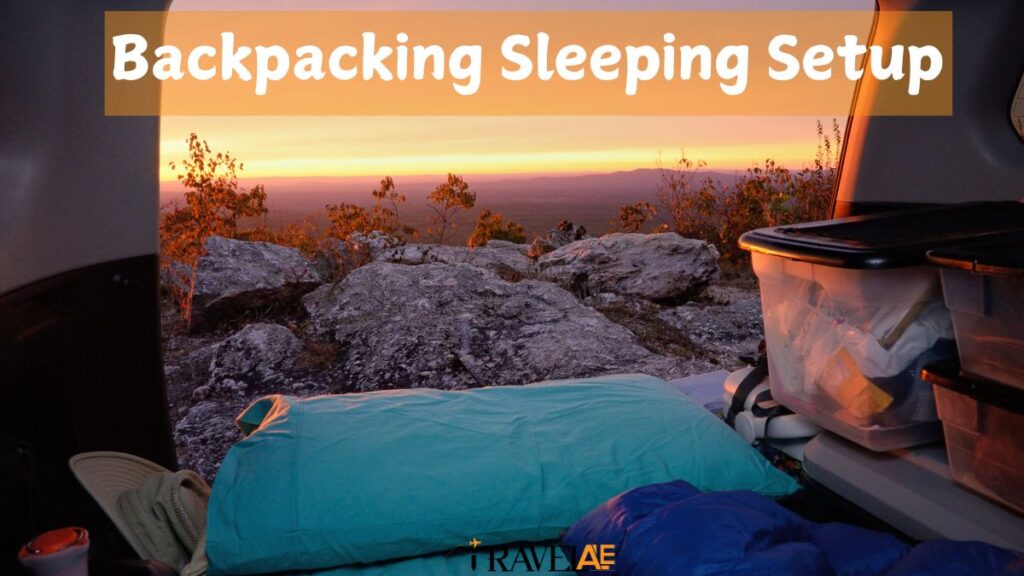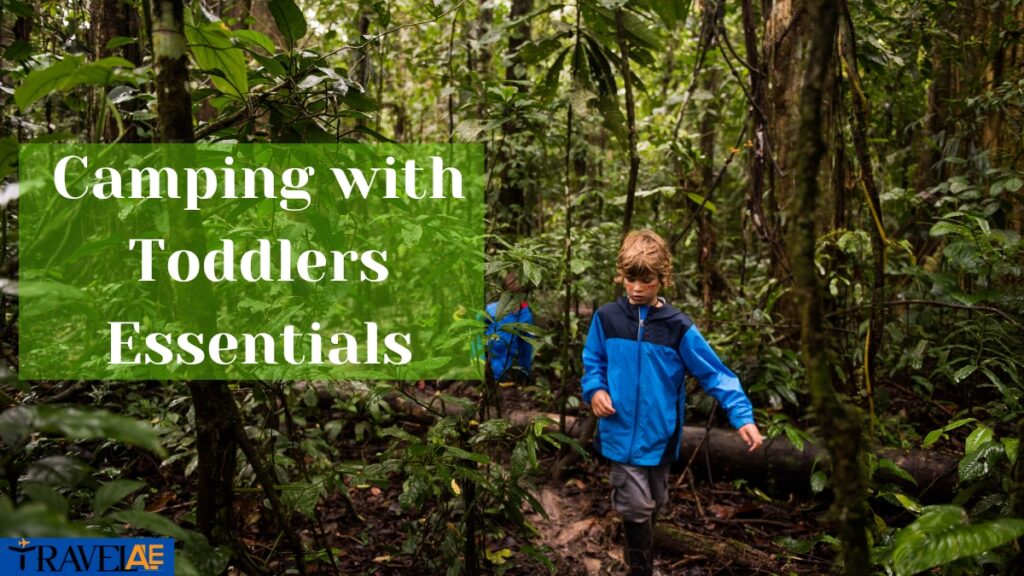A Beginner’s Guide to Camping Essential Gear Tips & More
Camping is one of the best ways to escape the daily grind and reconnect with the great outdoors. Whether you’re looking to relax on a quiet getaway or plan an exciting recreational adventure with your family, a well-prepared trip can give you control and confidence in your activities.
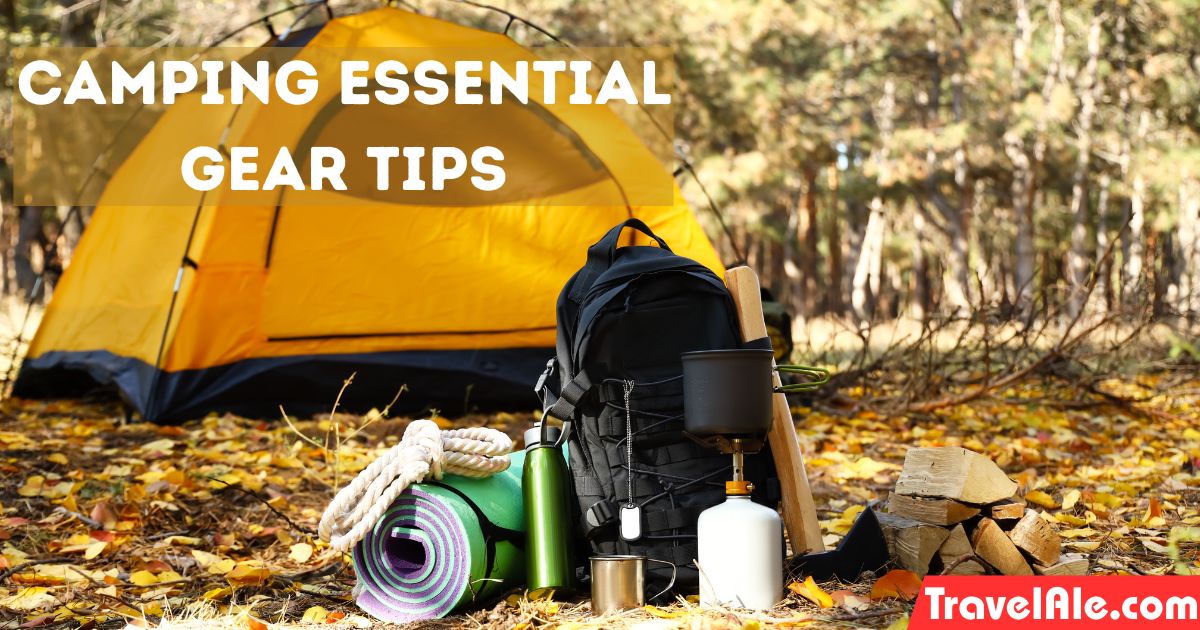
If you’re new to camping, don’t overthink it—just jump in and try! You’ll likely encounter a few bumps along the road, but that’s part of the fun. Remember, no camping trip ever goes exactly as planned, but that’s where the best memories are made. Start by getting familiar with the basics, and let each experience help you become a better camper.
How to Start Camping
Camping begins with choosing the right shelter – keep it simple, dry, warm and safe. Tents remain the most popular beginner-friendly option because they’re portable and adaptable to different shapes and sizes, offering weather protection and insulation.
Consider your needs – while great for most campers, they might not be suitable for older adults or those who struggle with sleeping on the ground. For hot weather camping, pitch your tent in the shade or bring a battery-operated fan, while in frigid temperatures, follow safety guidelines for tent heaters.
Tips for Pitching a Tent
Successful tent assembly starts with knowing your tent type (common ones include dome, A-frame, popup and ridge). Always choose a level spot on flat ground, away from fire pits, mud, rocks or tree roots. Use tent stakes properly – stick them deep into the ground and be mindful of these tripping hazards.
Never skip the tarp – it insulates from rain and prevents overheating in summer camping. For comfort, look for tents with windows for airflow, and consider sleeping pads or cots to avoid waking up with muscle soreness.
Tent Camping vs. Lodging Options
Beyond tents, consider cabins (like Camping Cabins with electricity and beds, or Deluxe Cabins with private bathrooms and kitchenettes) which are great for groups or special events.
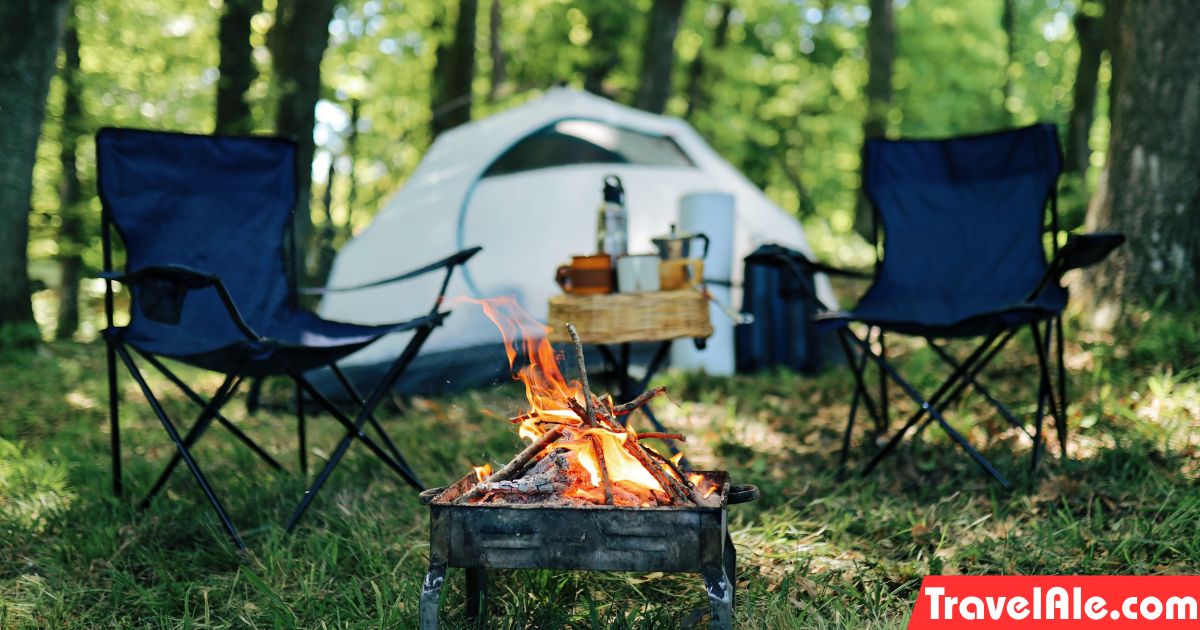
Glamping has grown in popularity (45% of campers want to try it according to the North American Camping Report) with pre-set Glamping Tents, yurts, or even tree houses. RVs offer all-weather comfort with hookups at RV Sites, though they require more maintenance and troubleshooting of plumbing/ electric systems.
Choosing a Location for Your First Camping Trip
For first-time camping, prioritize locations like with restrooms and laundry facilities. Consider your goals – whether visiting historic sites, enjoying scenic views, or bonding with loved ones around the fire. Factor in the season (avoid challenging climates as beginners) and campsite accessibility (especially with young children). Decide if you prefer staying close to home for convenience or exploring new places for adventure.
Advantages of Staying Close to Home
Over half of campers stay within 100 miles of home, enjoying benefits like: ability to retrieve forgotten items (sleeping bags, cooking tools), shorter travel distances, less planning needed, discovering local favorite destinations, and having help nearby in emergencies.
Advantages of Exploring a New Place
Venturing farther offers: exposure to different cultural attractions and regional fare in state/national parks, forests or cities; memorable road trips; meeting new people; justification for extended vacations; and scouting potential relocation spots. With 500+ North American locations, you’re covered wherever you roam.
Camping Essentials for Beginners
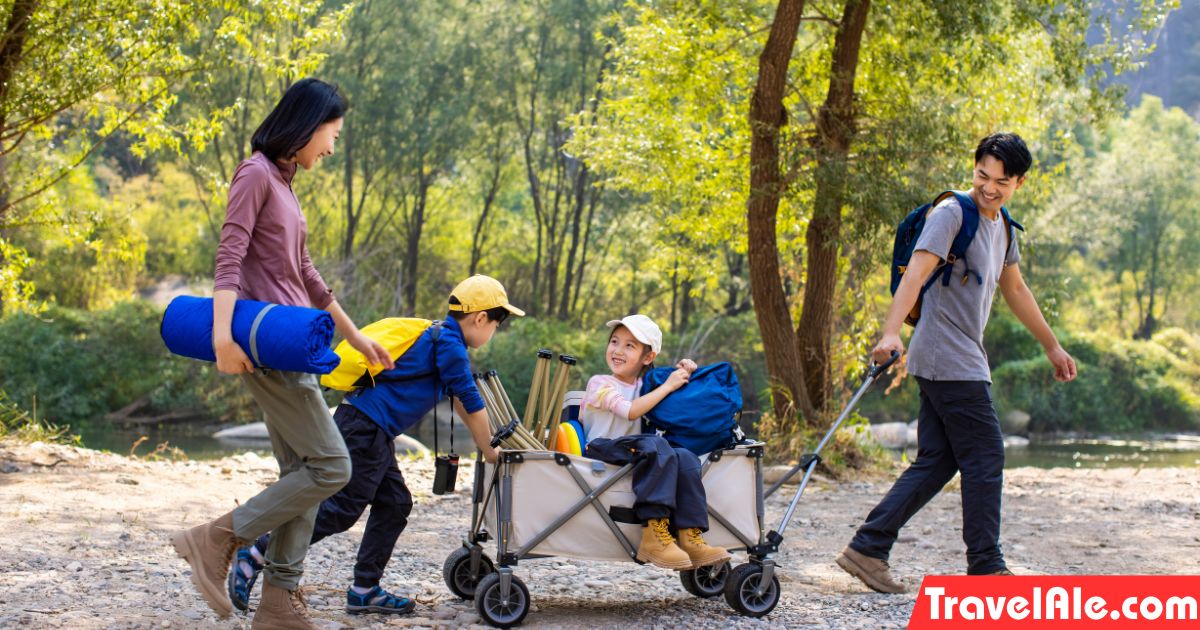
Pack these categories:
- Sleeping gear: Appropriate sleeping bags (for summer or winter conditions), quilts, sleeping pads, and favorite pillows from home
- Campsite needs: Headlamps, firewood, cooler, water dispenser, and backup batteries
- Safety equipment: First-aid kit, insect repellant, sunscreen, and fire extinguisher
- Kitchen supplies: Pans, grill grate, coffee percolator, and campground-safe cookware
- Special items for pets (leash, food bowls, ID tags) and children (toys, child-friendly food)
- Weather-appropriate clothing: Water-resistant coats, hiking boots, thermal layers, and swimsuits
Smart Meal Planning for Stress-Free Camping
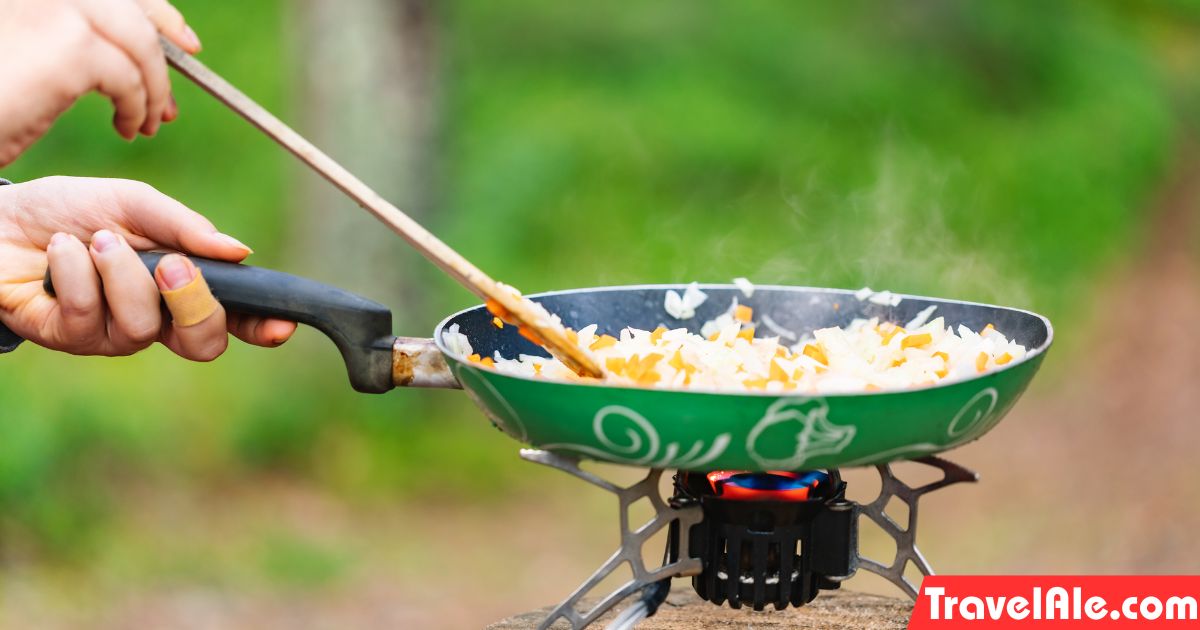
Planning your meals ahead turns camp cooking into a breeze, saving time and sticking to a budget. Before you go, prepare easy items like pre-cut fresh produce or pre-mixed omelet ingredients—this keeps your campsite clutter-free. Don’t forget to consider on-site dining options or nearby local restaurants for days you’d rather explore than cook. Pack non-perishable snacks like trail mix, jerky, or s’mores ingredients for quick energy.
Must-Have Camp Cooking Essentials
Every camper needs on-hand cooking essentials: seasoning blends, spices, dried herbs, and cooking oils to add flavor to simple recipes. If you’re grilling meats, bring barbecue rubs and sauce. For meal staples, focus on proteins (eggs, grilling meats), carbs (potatoes, sandwiches), and fresh veggies. Store everything in plastic food storage containers or zip bags to keep your cooler organized.
Easy Meal Prep Tips for Campers
To save space, pick multi-use ingredients like potatoes (hash browns for breakfast, roasted for dinner). Prep at home—cut, core, and de-seed produce before leaving. For groups, include vegetarian, gluten-free, or vegan options.
Need ideas? The camping recipe database has meal inspiration for all dietary preferences.
Tips for First-Time Campers
1. Test Your Gear Before You Go
Never wait until you’re at the campsite to discover missing tent poles or dead batteries. Assemble your tent in the yard first to practice and ensure all parts are included and work. Check that your sleeping bag is comfortable for expected temperatures. Verify all lighting – flashlights, headlamps, and lanterns – functions properly, and always pack extra batteries. Do a test run with your portable cooking stove or grill, and adjust hiking backpacks and day packs for secure fit.
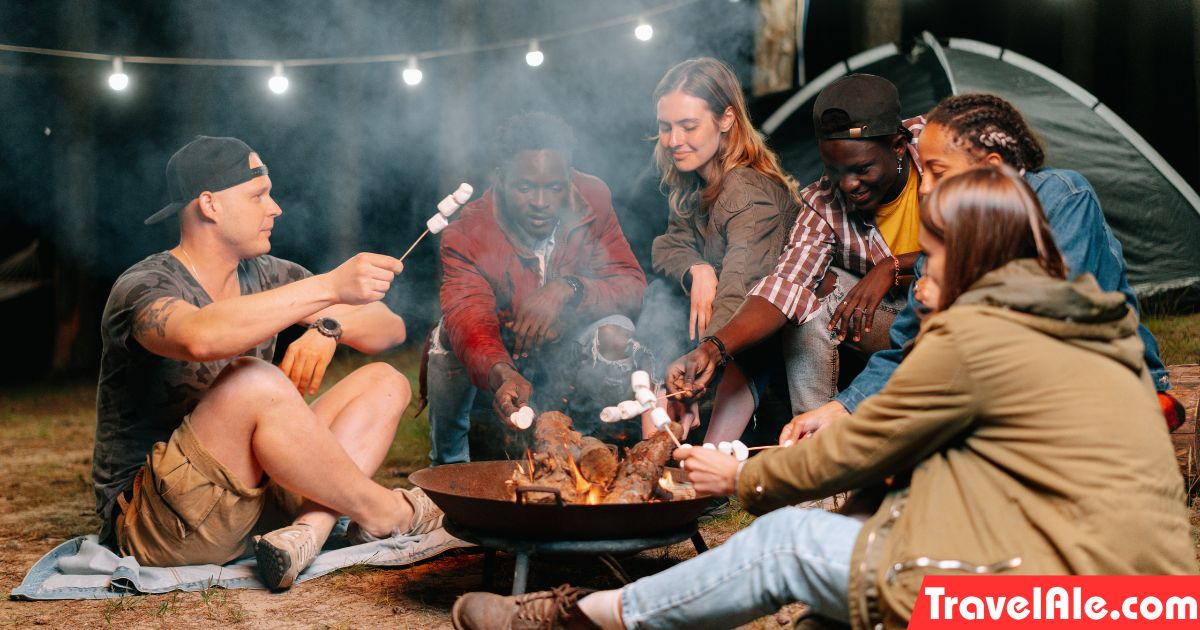
2. Camping Through the Seasons
While summer camping is classic, each season offers unique rewards:
- Spring: Perfect for sightseers with cool temperatures and fresh blooming flowers
- Autumn: Enjoy vibrant foliage and cozy campfires after long hiking trips
- Winter: Experience quiet wildlife viewing and snow sports like snowboarding or skiing from all-season tents or warm Camping Cabins
3. Must-Pack Recreational Gear
Keep everyone entertained with:
- Outdoor games: ladder ball, cornhole, horseshoes
- Rainy day backups: cards, board games, books
- Adventure gear: hiking, fishing, or kayaking equipment
4. Campground Rules & Etiquette
Respect the outdoors by following all campground guidelines:
- Observe quiet hours (typically 10pm-6am)
- Keep pets under control and clean up after them
- Maintain clean public areas and proper on-site parking
- Check policies about unregistered visitors
5. Special Occasion Camping
Turn milestones into outdoor adventures:
- Romantic anniversaries or getaways
- Bachelor/bachelorette parties
- Bridal/baby showers
- Family reunions or friend gatherings
Many campgrounds offer group lodging options for these events.
6. Getting Kids Engaged Outdoors
Combat screen time with:
- Nature exploration (climbing rocks, splashing in streams)
- Classic camping activities (roasting marshmallows, firefly chasing)
- Evening campfire songs and stargazing
Fun Activities & Campground Etiquette
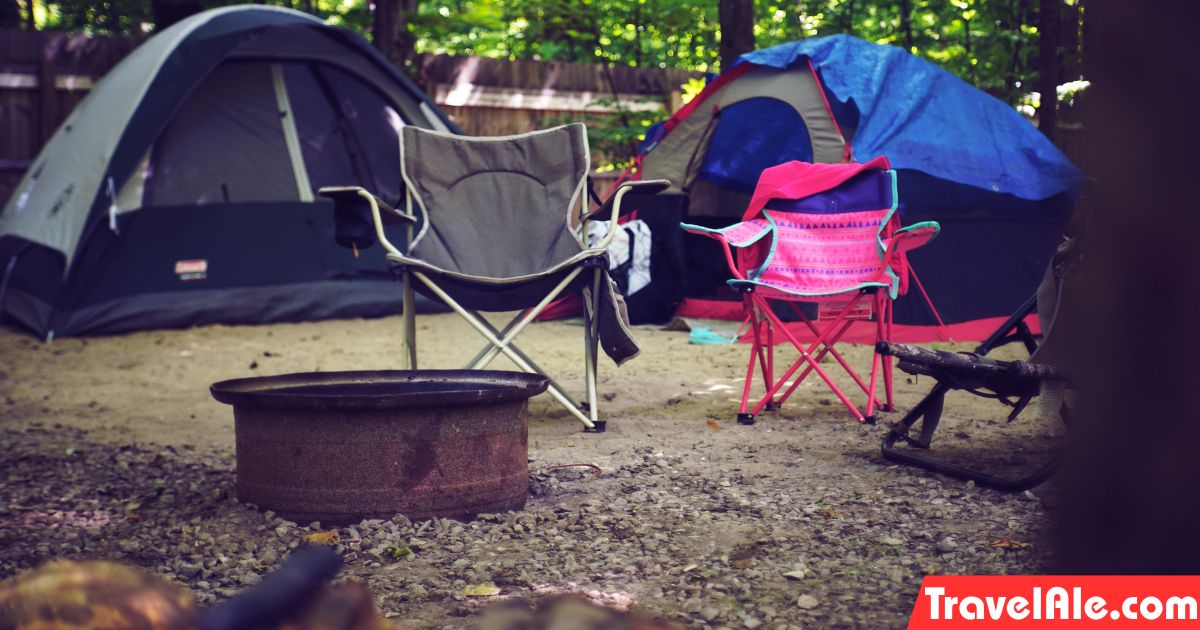
Try hiking, fishing, or kayaking—experimentation is key! Follow campground guidelines: respect quiet hours, clean public areas, and check pet policies. Camping with kids? Swap screen time for climbing rocks and roasting marshmallows under the stars.
